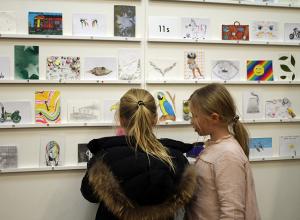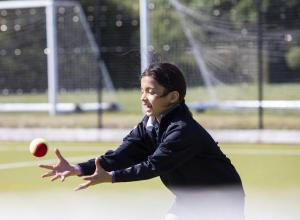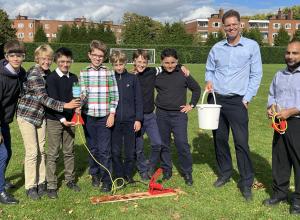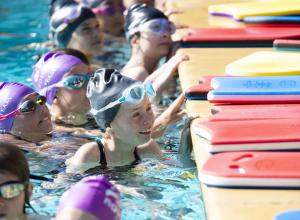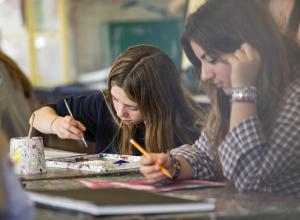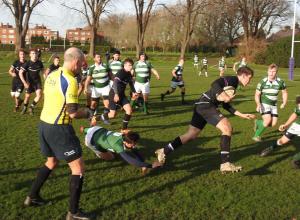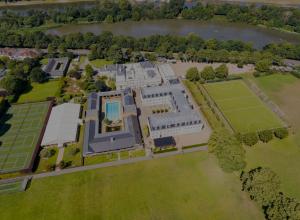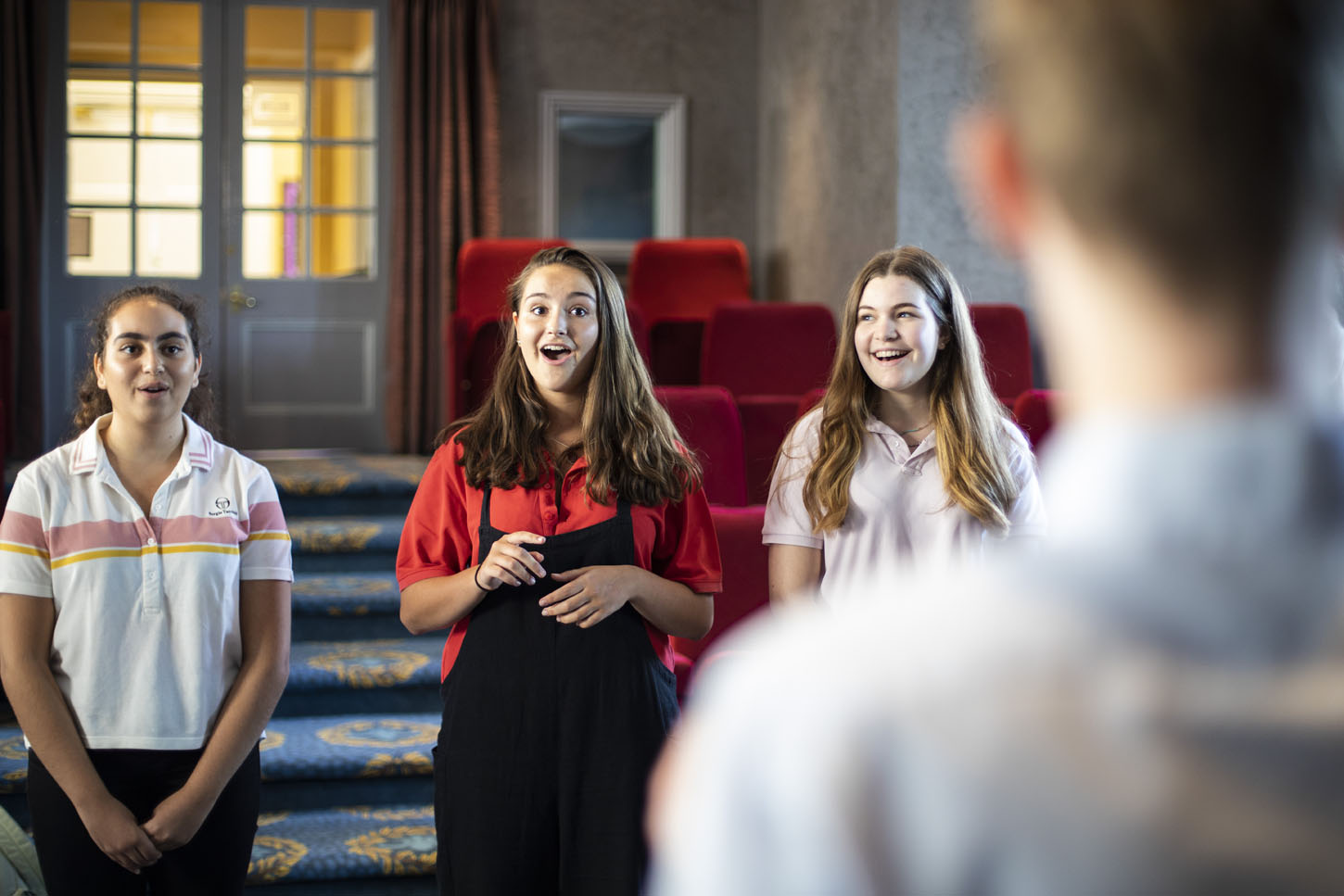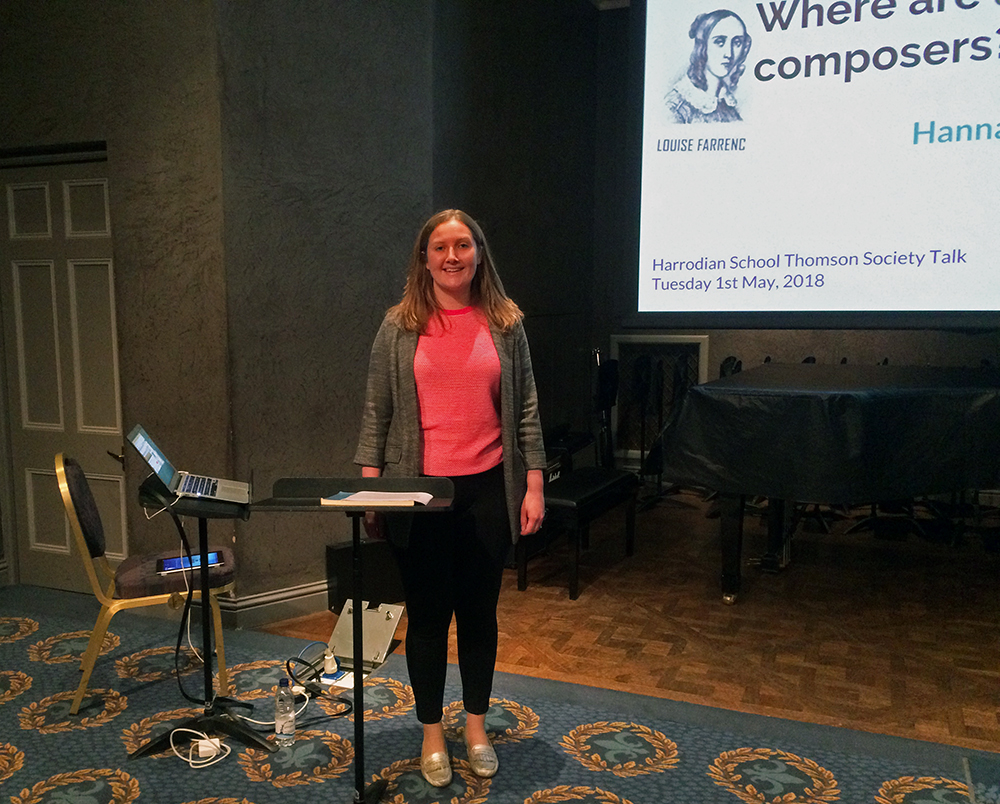
Do you have a favourite, female classical composer? If you’re struggling to think of one, you’re in good company, as Hannah Ashe, Harrodian Director of Music admits. “My Sixth Form students asked me why there weren’t any pictures of women composers alongside the iconic images of men pinned up on the walls of the Music department,” she says. “There have been some notable female composers in the history of western music but we don't hear much about them now.”
Hannah, whose own education included a Master’s degree in composition at the Trinity Laban Conservatoire of Music and Dance before she turned to teaching, showcased the achievements of those female composers and considered why their work is relatively unsung and underperformed in a musical lecture delivered to Harrodian students and teachers at a meeting of the Thomson Society in early May.
In the 18th and 19th centuries, women were encouraged to play music to entertain house guests. But female composers had very little access to the networks that men had.’
Hannah Ashe, Harrodian Director of Music
In a presentation, ranging across the history of Baroque and Romantic era music, Hannah focused on a number of women, among them Fanny Mendelssohn and Clara Schumann, who did make their mark as composers over the period. But she pointed out that opportunities for women were limited both by restricted access to compositional education and by social conventions which viewed their professional participation in music as inappropriate. ‘In the 18th and 19th centuries, women were encouraged to play music to entertain house guests,’ she says. ‘But female composers had very little access to the networks that men had.’
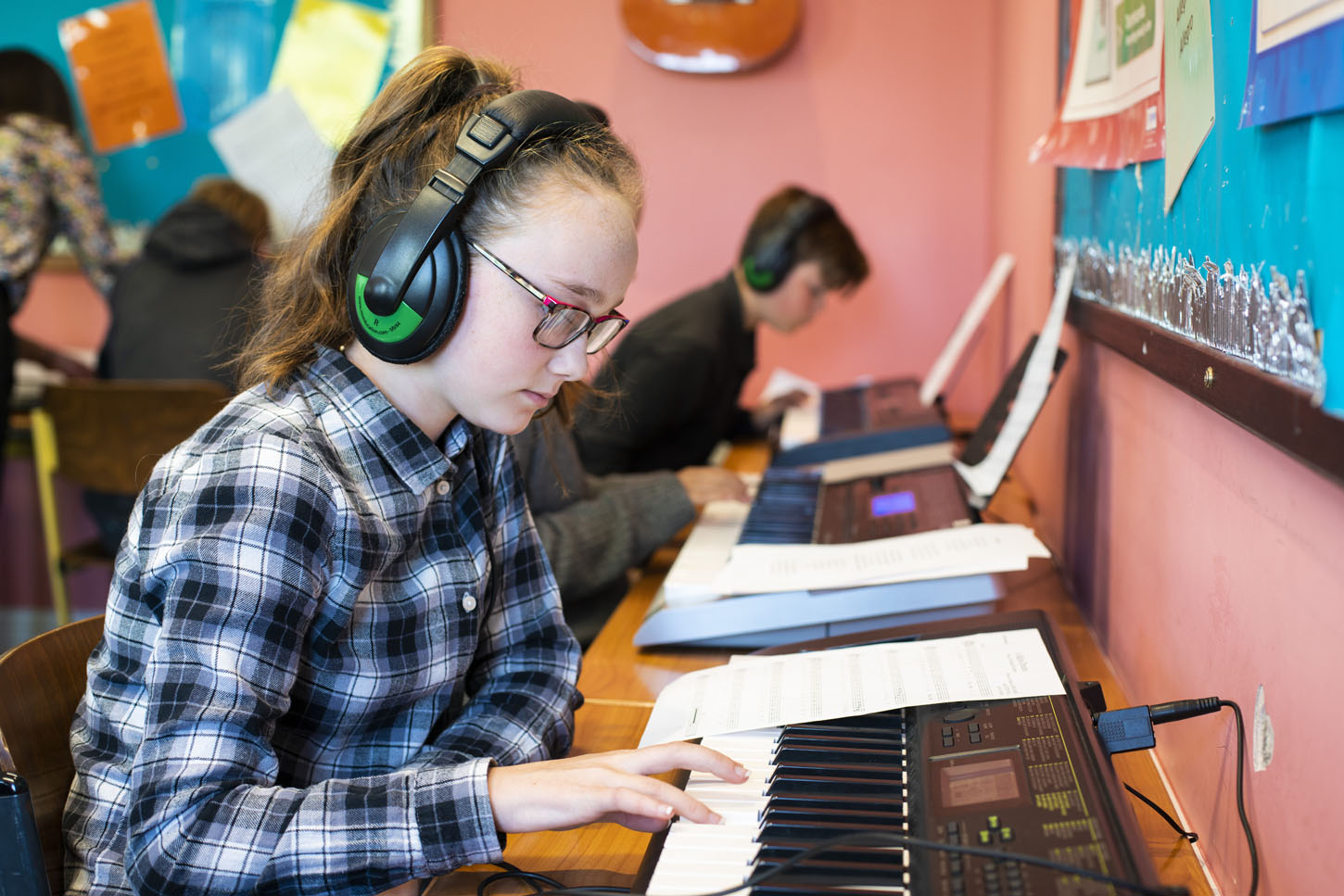
The music scene has changed a lot over the past century. Women are a growing force in professional classical music and now account for around 30-40 per cent of musicians across the world’s leading orchestras. And while there are still fewer female composers than male, moves are afoot across the industry to change this and to encourage more public performance of works by female composers of both the past and the present. Hannah's alma mater,Trinity Laban, for example, has initiated a programme called Venus Blazing which pledges to ensure that at least half the music it chooses for public perfomance in 2018-19 will be by female composers (see this link for details). Meanwhile, the BBC Proms pledges that 50 per cent of new commissions will be by female composers by 2020.
‘I’m saying “Let’s bring that spirit of adventure to classical music too. Go on, be confident to try things and keep on taking risks. Just go for it"'
Harrodian Music department may have a part to play in this shift. Composition is an essential part of the curriculum for the growing number of pupils taking Music at GCSE and A level and Hannah is keen to inspire all of the school’s home-grown composers to demonstrate the willingness to experiment in classical writing that is evident on the school’s thriving contemporary music scene. ‘Writing your own music is a condition of taking part in the Battle of the Bands competition and there is usually an equal ratio of girls to boys,’ she points out. ‘I’m saying “Let’s bring that spirit of adventure to classical music too. Go on, be confident to try things and keep on taking risks. Just go for it!”’
Hannah Ashe’s lecture concluded with her own composition, Chromaticity. Please click here to hear it.

